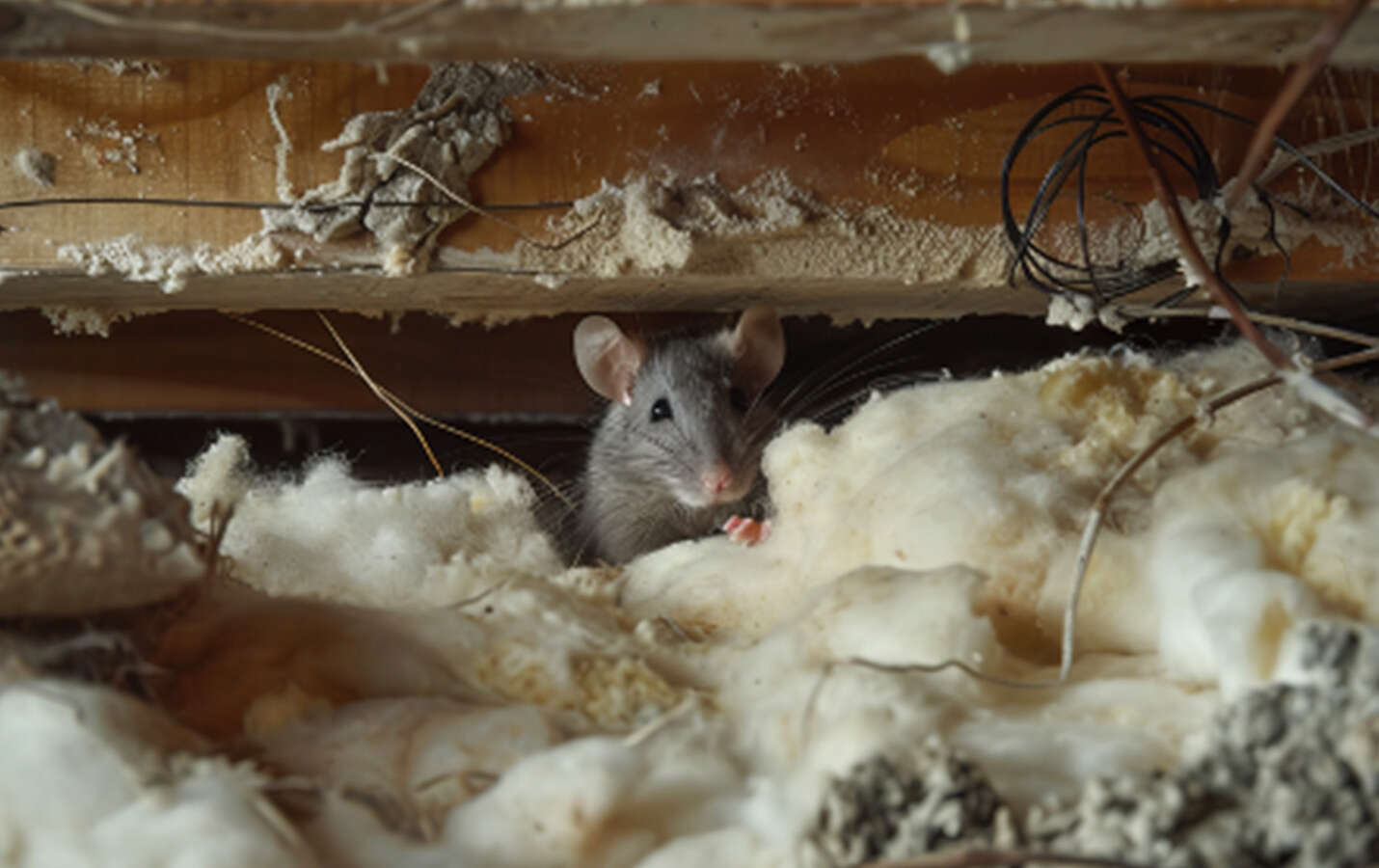In the serene landscapes of Northeast Pennsylvania, where lush greenery and quaint homes define the scenery, there lurks a silent threat beneath the surface – termites. These tiny yet voracious insects can wreak havoc on homes, causing extensive damage if left unchecked. Among the most ominous signs of a termite infestation is the emergence of a swarm. In this comprehensive guide, we’ll delve into the world of termite swarms, shedding light on what to spot, signs of termites, and the damage they can inflict, along with effective pest control measures to safeguard your home.
Understanding Termite Swarms
Termite swarms are a natural part of the reproductive cycle of these destructive insects. Typically occurring in the spring, when temperatures rise and humidity levels increase, swarms serve as a means for reproductive termites to establish new colonies. These swarms consist of winged reproductive termites, also known as alates, which emerge from mature colonies in search of mates and suitable locations for colonization.
Signs of Termites
Winged Insects: One of the most evident signs of a termite swarm is the sudden appearance of winged insects, often mistaken for flying ants. Termites have straight antennae, uniform waists, and wings of equal length, whereas ants have bent antennae, constricted waists, and wings of unequal length.
Discarded Wings: After mating, termite swarmers shed their wings, leaving behind piles of discarded wings near windowsills, doors, or light fixtures. Finding these discarded wings indoors is a clear indicator of a nearby termite colony.
Mud Tubes: Subterranean termites, common in Northeast Pennsylvania, construct mud tubes along foundations, walls, or other surfaces to provide moisture and protection as they forage for food. These pencil-sized tubes are a telltale sign of termite activity.
Wood Damage: Termites feed on cellulose-based materials such as wood, causing structural damage over time. Look for hollow-sounding wood, blistering or peeling paint, or tiny holes in wooden surfaces, which could indicate termite infestation.
Frass: Termite droppings, known as frass, resemble tiny pellets or sawdust and may accumulate near infested wood or beneath termite galleries. The presence of frass indicates an active termite infestation.
The Damage Termites Can Do
Termites are often referred to as “silent destroyers” for their ability to cause extensive damage to homes without immediate detection. Left unchecked, a termite infestation can compromise the structural integrity of a building, leading to costly repairs and decreased property value. Common types of termite damage include:
Structural Damage: Termites can hollow out wooden structures, compromising their strength and stability. This can lead to sagging floors, warped walls, and even structural collapse in severe cases.
Cosmetic Damage: In addition to structural damage, termites can wreak havoc on cosmetic elements of a home, such as wooden furniture, cabinets, and flooring. Unsightly blemishes, blistering paint, and crumbling woodwork are common signs of termite activity.
Financial Loss: Repairing termite damage can be a costly endeavor, often requiring extensive renovations and structural reinforcements. Furthermore, the presence of a termite infestation can deter potential buyers and reduce the resale value of a property.
Pest Control Measures
Preventing and managing termite infestations requires a multifaceted approach, encompassing both preventive measures and targeted pest control strategies. Here are some effective pest control measures to mitigate the risk of termite infestation:
Regular Inspections: Schedule annual termite inspections conducted by licensed pest control professionals to detect early signs of infestation and implement preventive measures.
Moisture Control: Termites thrive in moist environments, so it’s crucial to address any moisture issues in and around your home. Repair leaky faucets, improve drainage systems, and ensure proper ventilation in crawl spaces and attics.
Seal Cracks and Openings: Seal cracks, gaps, and openings in the foundation, walls, and around utility pipes to prevent termites from gaining access to your home.
Termite Treatments: Consider implementing termite treatments such as liquid soil-applied termiticides, bait systems, or wood treatments to create a barrier against termite intrusion and eliminate existing colonies.
Landscaping Practices: Maintain a clear perimeter around your home by trimming vegetation and removing wood debris, which can attract termites and provide easy access to your property.



